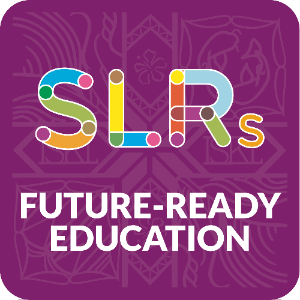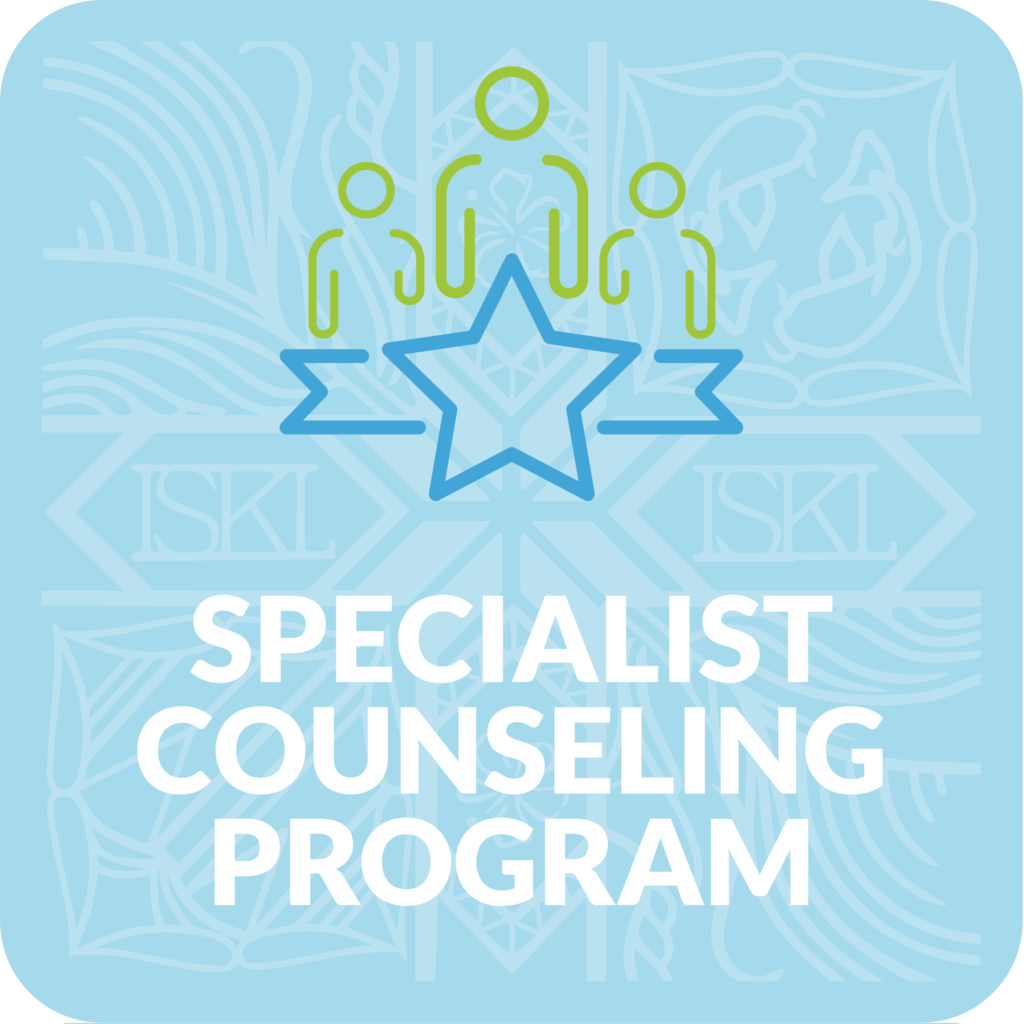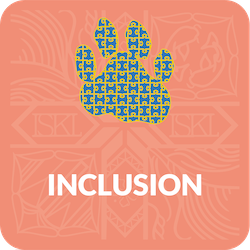 If you are a parent, chances are at some point you have been to the local bookstore or browsed online for information regarding your child’s speech and language development. Many parents, seasoned and new, worry about their child and wonder if their child is developing their communication skills at the expected rate. If skills are felt to be lagging some parents choose to enroll their child in activities, tuition, and therapies in the hopes that these services will develop the skills. While being able to access and afford these supports may result in positive changes for your child, the progress rate is influenced by a family’s direct involvement. The most critical aspect of early language intervention is parent involvement.
If you are a parent, chances are at some point you have been to the local bookstore or browsed online for information regarding your child’s speech and language development. Many parents, seasoned and new, worry about their child and wonder if their child is developing their communication skills at the expected rate. If skills are felt to be lagging some parents choose to enroll their child in activities, tuition, and therapies in the hopes that these services will develop the skills. While being able to access and afford these supports may result in positive changes for your child, the progress rate is influenced by a family’s direct involvement. The most critical aspect of early language intervention is parent involvement.
All children have important things to say, but not all children can express themselves as well or as easily as other children their age. Luckily, communication isn’t just about talking. Babies communicate by crying, making sounds, moving their bodies, or reaching for objects. As children grow, they let you know what’s on their minds in other ways, such as gestures, speech, and signs. The first step to helping your child become an effective communicator is for you to take the time to notice how your child communicates and what the communicative intent was trying to tell you. If you notice your child is struggling to talk, try introducing them to sign language. This will give your child a way to communicate without becoming frustrated due to their lack of vocabulary. There are many speech-language professionals in Malaysia that can help you decide whether this approach would benefit your child.
Once you are more in tune with the how and why your child communicates, you will notice that you and your child will engage in more meaningful interactions. It’s during these moments that parents can provide the most powerful, and cost-free therapy.
 The best way to build your child’s communication is through play. Parents are encouraged to get on the floor with their children and let their children initiate interactions. It’s important to be mindful and tune in to your child’s body language to figure out what they are thinking about. Once you discover what has captured your child’s interest you will be better able to share the moment with him. If you are not sure what to do, imitate! Imitation can really get an interaction going, and will help you feel more connected with your child. During play be mindful of balancing questions with comments. Commenting is a great way to interpret your child’s message and expand their language. While asking and answering questions is also an important part of communicating, asking too many questions, or asking questions that put pressure on your child will most likely result in decreased communication. Play is a time to connect with your child and have fun! When you’re having fun together, you’re helping your child develop his communication skills.
The best way to build your child’s communication is through play. Parents are encouraged to get on the floor with their children and let their children initiate interactions. It’s important to be mindful and tune in to your child’s body language to figure out what they are thinking about. Once you discover what has captured your child’s interest you will be better able to share the moment with him. If you are not sure what to do, imitate! Imitation can really get an interaction going, and will help you feel more connected with your child. During play be mindful of balancing questions with comments. Commenting is a great way to interpret your child’s message and expand their language. While asking and answering questions is also an important part of communicating, asking too many questions, or asking questions that put pressure on your child will most likely result in decreased communication. Play is a time to connect with your child and have fun! When you’re having fun together, you’re helping your child develop his communication skills.
In addition to the interaction strategies that have been discussed, parents can also develop their child’s language by purchasing toys, games, and books that encourage oral language. These tools are important to teach little ones how to talk and help expand their vocabulary. But remember just buying these for your child will not directly result in improved language skills. There is no substitution for face-to-face communication/interactions with your child. As mentioned, it’s important that parents take time to play with their children and recognize that the interactions that happen WITH the toy (or activity) promote communication, not the toy itself.
While we are thinking about language facilitation techniques and tools, be cautious of technology with your child. While the technology industry will lead you to believe that their app will develop your child’s language abilities, the truth is that technology eclipses and begins to diminish your child’s ability to communicate and build their social interactions. We know intuitively, after all, that overuse of technology can translate to underuse of speech and other forms of human-to-human communication. Anyone who has traveled by subway, walked through an airport, or, really, seen people in any public setting know that adults live in their devices: earbuds in, heads down. Remember, there is no substitution for face-to-face communication/interactions with your child.
As your child enters school, be sure to research the supports available should your child require continued language and learning support during their early schooling. When possible it’s important that those supports are provided in-house in lieu of trying to piece together a variety of therapies outside of school. In Kuala Lumpur, The International School of Kuala Lumpur (ISKL) is one of the only international schools offering all elementary students access to a dedicated, in-house, full-time Speech Language Pathologist. Since it is widely accepted that learning and development are at their highest rate in the early years, it’s important to ensure that the school you choose for your child has a strong early intervention program in place. Early intervention has been proven to have a significant impact on a child’s development.
If you are looking for opportunities to connect with parents to talk about your child and learn more hands-on strategies, there are organizations in KL that support parents. One such group, SENIM (Special Education Network in Malaysia) holds a variety of events annually from conferences to parent coffee mornings, to local resource fairs. SENIM is a local chapter of SENIA (Special Education Network in Asia) which is an association of educators, professionals, and parents in South East Asia whose mission is to advocate for and provide resources/supports for differently-abled individuals. We are fortunate to have this chapter in KL and involvement in this type of community would be valuable for all parents as it provides resources and networking opportunities. Another organization, We Rock the Spectrum kids gym offers parent classes and opportunities for indoor play.


 Research shows that early language proficiency correlates with later performance in school—reading, writing, and critical thinking skills—and influences emotional, cognitive, and social growth. The time you invest in your child now will support your child later!
Research shows that early language proficiency correlates with later performance in school—reading, writing, and critical thinking skills—and influences emotional, cognitive, and social growth. The time you invest in your child now will support your child later!
About Kathryn Balsamo
Kathryn holds a Bachelor’s degree in Speech Pathology, a Masters of Science in Education – Communication Disorders, and a Certificate of Clinical Competence from the American Speech Language Hearing Association. Kathryn has worked at the International School of Kuala Lumpur since 2011.
Regionally, Kathryn serves on the Special Education Network in Asia (SENIA) Board as the current Chairperson and is one of the founding board members and co-chair of a local SENIA chapter in Malaysia, SENIM (Special Education Network in Malaysia).

